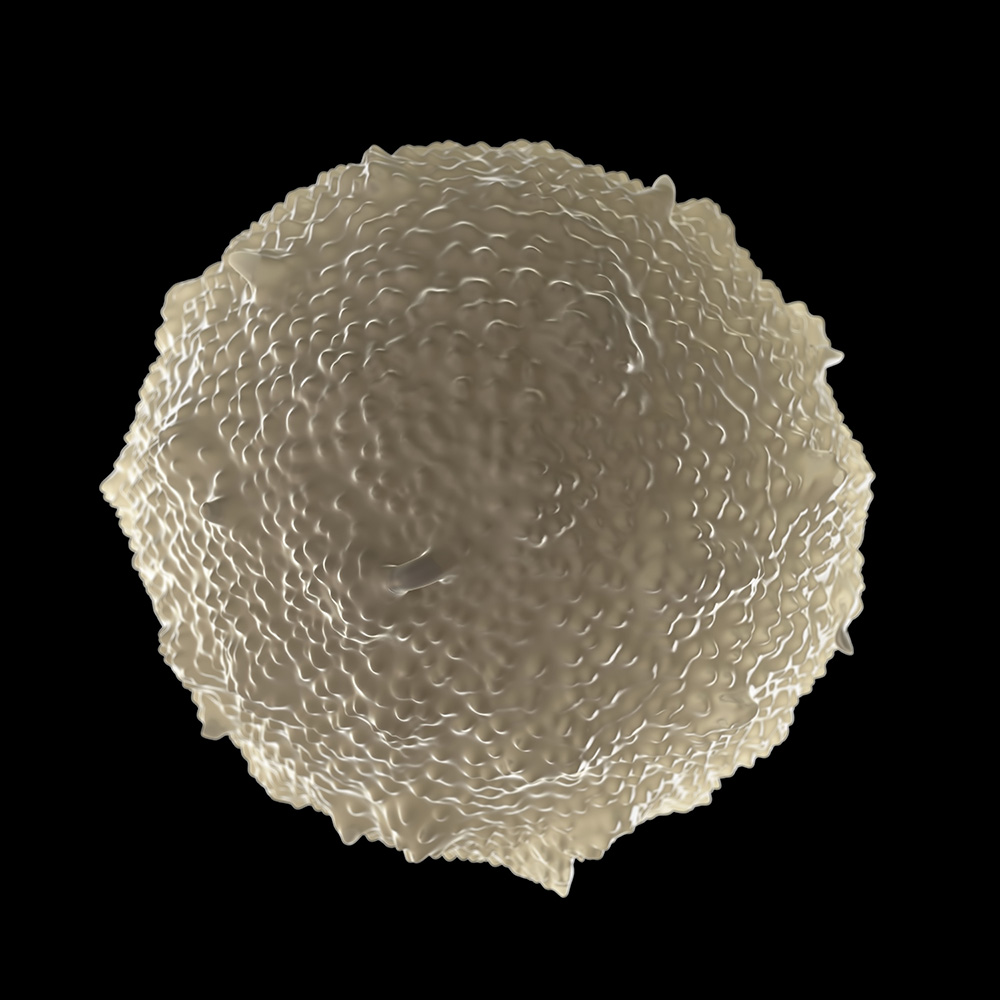Your Team
Sharing decades of immunology experience across all therapeutic areas, the Charles River team is committed to helping our clients advance life-saving therapies to market. We encourage you to meet and connect with our scientists.

Rhiannon Jenkinson, PhD
Director of Science, Discovery Services
Rhiannon leads and designs projects for clients in the fields of autoimmunity, inflammation and oncology. She has completed a Wellcome Trust Career Re-entry Fellowship, focusing on the role of T cells in epithelial repair in the gut and skin, a six-year fellowship at the NIH, NCI where her research focused on T cell development and tumour immunology, a postdoctoral position at the University of Bristol, studying T cell responses to tumours and PhD studying a gene which drives breast cancer metastasis.
Find her on LinkedIn
Christina Satterwhite, PhD
Sr. Director, Global Laboratory Sciences
Christina received her PhD in cellular and molecular pharmacology and physiology from the University of Nevada, Reno, School of Medicine. Over the course of her career, she has worked on an extensive breadth and number of compounds in the areas of pathology, toxicology (with an emphasis on immunotoxicology studies), analytical chemistry and immunobiology. Prior to taking on her role as Senior Director of Global Laboratory Sciences and head of our Immunology Center of Excellence, she led the laboratory sciences group in Nevada overseeing interactions with regulatory authorities and Sponsors, interpretation and reporting of study data, and the conduct, management and regulatory compliance of assigned nonclinical and clinical studies.
Find her on LinkedIn
Rana Samadfam, PhD, DABT, MSc
Scientific Director, In Vivo Pharmacology
Rana received both an MSc and PhD in pharmacology from the Université de Sherbrooke. Following her postdoctoral training at McGill University, Rana joined Charles River, where she and her team focus on inflammation, immunology, autoimmune, IBD, respiratory, skin, and joint diseases. She has received several scientific awards and authored more than 105 peer-reviewed publications which have appeared in Scientific American, the Journal of Bone and Mineral Research and Bone, and others. She is a Diplomate of the American Board of Toxicology.
Find her on LinkedIn

Alan Young, PhD
Sr. Director, In Vivo Respiratory and Inflammation, Integrated Drug Discovery
Alan is a pharmacologist who has worked in respiratory research for over 25 years, exclusively within the pharmaceutical industry. Prior to Charles River, he was both Discovery Director for early development and Head of Respiratory Disease Sciences at AstraZeneca, where he was responsible for progressing compounds into Phase IIB clinical studies. He has delivered more than 20 candidate drugs into clinical development, authored more than 200 peer-reviewed publications, and completed Edgar Allen Fellowship from the University of Sheffield.
Find him on LinkedIn
David Harris, PhD
Research Director, Charles River Discovery Services North Carolina
David has a PhD in Immunology and 20+ years’ experience in academia and industry with organizations such as Lexicon Pharmaceuticals and MD Anderson Cancer Center. With expertise in immunological assays, in vivo models of autoimmunity and inflammation, tumor biology, immunotherapy, animal pharmacology studies, biomarkers, and interpretation of complex immunological data, he oversees the design, execution and reporting of client oncology studies and global research and development efforts. He has authored more than 30 peer-reviewed papers.
Find him on LinkedIn
John Montana, PhD
Corporate Vice President, Integrated Drug Development and Strategic Projects
With numerous roles in drug development leadership over the course his career, John currently oversees all aspects of partnered integrated drug discovery projects at Charles River. Working with a talented team of subject matter experts, he ensures a project’s scientific progression from early business development discussions through to established relationships that deliver quality clinical candidates. He is a member of the Royal Society of Chemistry, and his research has appeared in more than 150 peer-reviewed papers and patents.
Find him on LinkedIn








